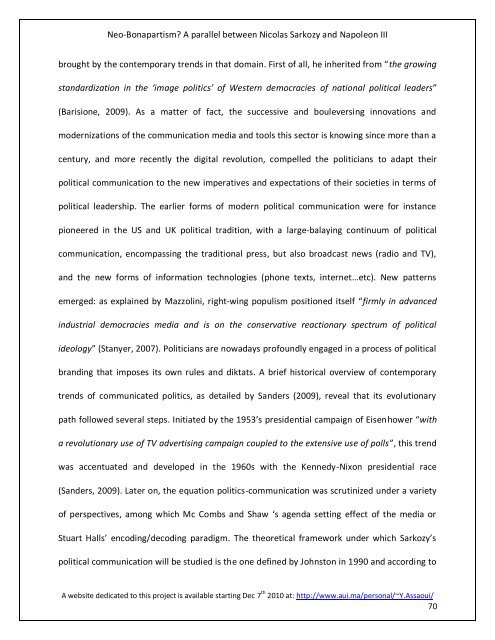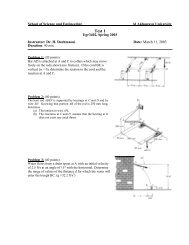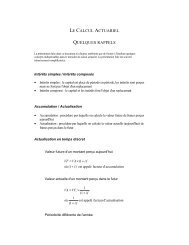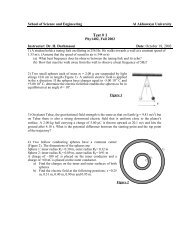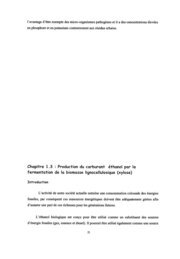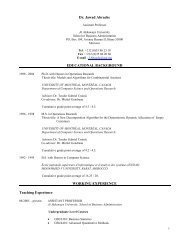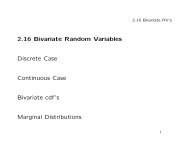Neo-Bonapartism? A parallel between Nicolas Sarkozy and ...
Neo-Bonapartism? A parallel between Nicolas Sarkozy and ...
Neo-Bonapartism? A parallel between Nicolas Sarkozy and ...
Create successful ePaper yourself
Turn your PDF publications into a flip-book with our unique Google optimized e-Paper software.
<strong>Neo</strong>-<strong>Bonapartism</strong>? A <strong>parallel</strong> <strong>between</strong> <strong>Nicolas</strong> <strong>Sarkozy</strong> <strong>and</strong> Napoleon III<br />
brought by the contemporary trends in that domain. First of all, he inherited from “the growing<br />
st<strong>and</strong>ardization in the ‘image politics’ of Western democracies of national political leaders”<br />
(Barisione, 2009). As a matter of fact, the successive <strong>and</strong> bouleversing innovations <strong>and</strong><br />
modernizations of the communication media <strong>and</strong> tools this sector is knowing since more than a<br />
century, <strong>and</strong> more recently the digital revolution, compelled the politicians to adapt their<br />
political communication to the new imperatives <strong>and</strong> expectations of their societies in terms of<br />
political leadership. The earlier forms of modern political communication were for instance<br />
pioneered in the US <strong>and</strong> UK political tradition, with a large-balaying continuum of political<br />
communication, encompassing the traditional press, but also broadcast news (radio <strong>and</strong> TV),<br />
<strong>and</strong> the new forms of information technologies (phone texts, internet…etc). New patterns<br />
emerged: as explained by Mazzolini, right-wing populism positioned itself “firmly in advanced<br />
industrial democracies media <strong>and</strong> is on the conservative reactionary spectrum of political<br />
ideology” (Stanyer, 2007). Politicians are nowadays profoundly engaged in a process of political<br />
br<strong>and</strong>ing that imposes its own rules <strong>and</strong> diktats. A brief historical overview of contemporary<br />
trends of communicated politics, as detailed by S<strong>and</strong>ers (2009), reveal that its evolutionary<br />
path followed several steps. Initiated by the 1953’s presidential campaign of Eisenhower “with<br />
a revolutionary use of TV advertising campaign coupled to the extensive use of polls”, this trend<br />
was accentuated <strong>and</strong> developed in the 1960s with the Kennedy-Nixon presidential race<br />
(S<strong>and</strong>ers, 2009). Later on, the equation politics-communication was scrutinized under a variety<br />
of perspectives, among which Mc Combs <strong>and</strong> Shaw ‘s agenda setting effect of the media or<br />
Stuart Halls’ encoding/decoding paradigm. The theoretical framework under which <strong>Sarkozy</strong>’s<br />
political communication will be studied is the one defined by Johnston in 1990 <strong>and</strong> according to<br />
A website dedicated to this project is available starting Dec 7 th 2010 at: http://www.aui.ma/personal/~Y.Assaoui/<br />
70


